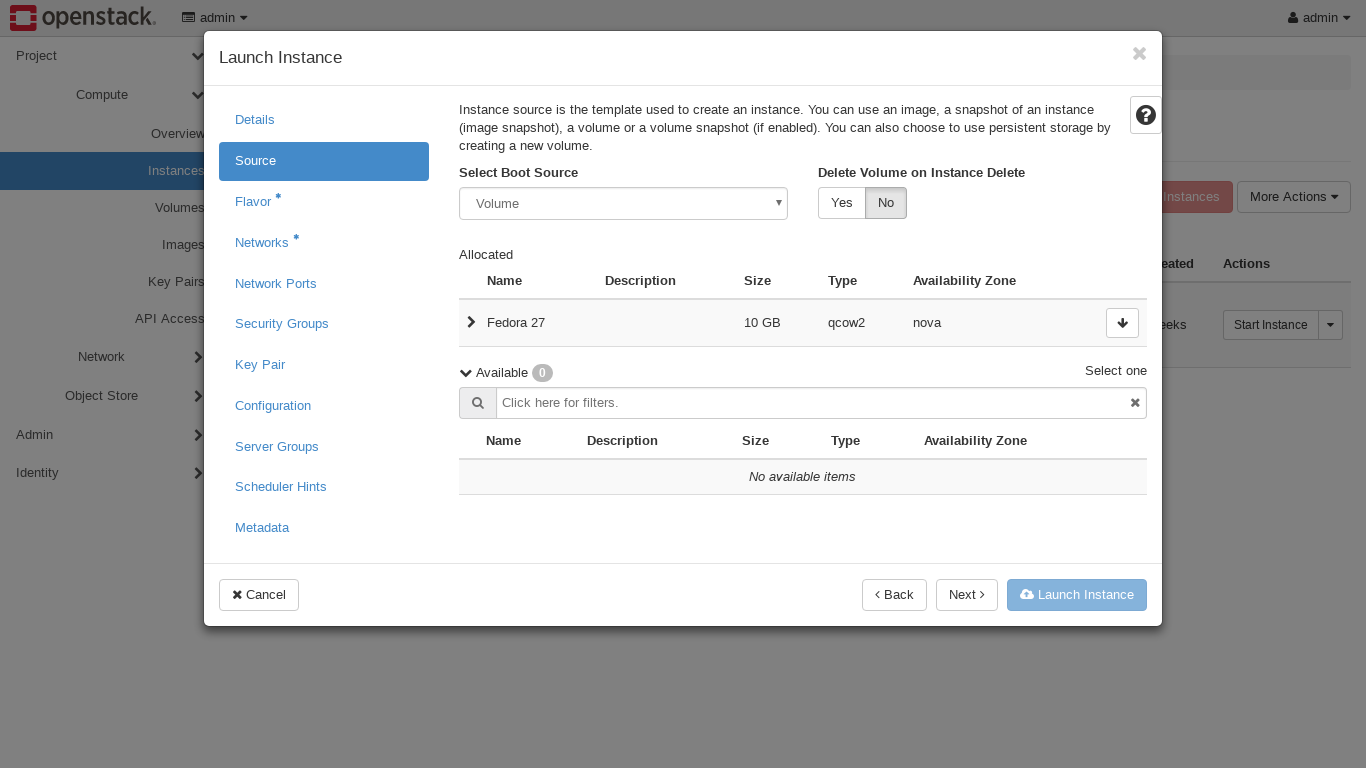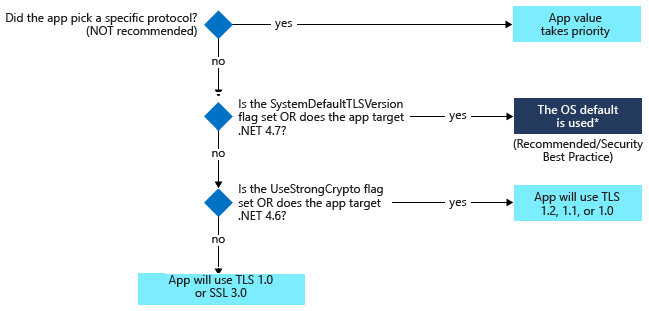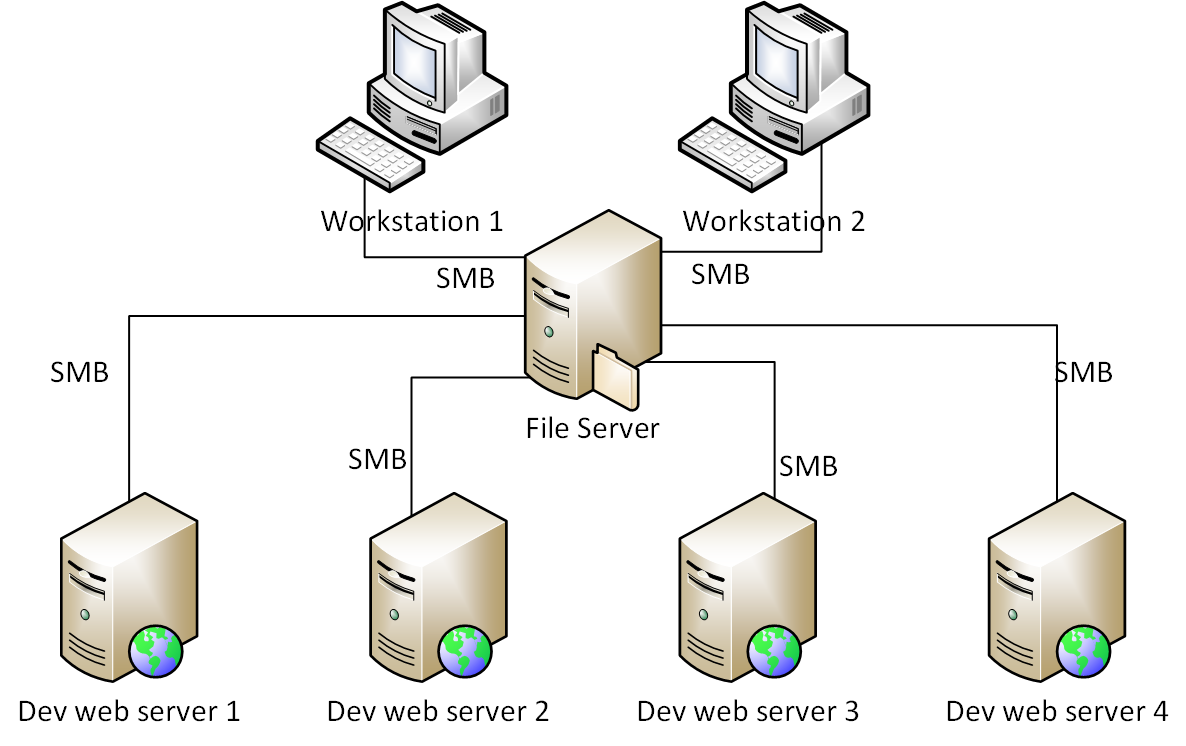
SSL stands to Secure Sockets Layer. It protects the website and uses sophisticated encryption keys to divert communication. The SSL handshake signal decrypts the communication at the data or user ends. This handshake confirms that the communication is encrypted.
Secure Sockets Layer
Secure Sockets Layer or SSL is a network protocol that encrypts a web client's connection to a web server. To decrypt and encrypt data, it uses two keys, one public and one private. SSL-enabled sites are identified by HTTPS in the URLs. The server will provide a trusted certificate that includes a public-key public key if a user requests encrypted session from a secured site.
The protocol uses a symmetric-key algorithm to encrypt data that passes between the server and client. The keys generated by symmetric encryption are different from other encryption methods. They are unique for each connection, unlike other methods. Client and server negotiate the encryption details prior to the transmission of the first byte. This makes the encryption process secure and reliable.
Function
SSL is a security protocol that encrypts information being transferred between a website and its users. This allows only the intended recipient to unlock the data. This is a wonderful feature, especially if sensitive data must be shared online. It makes it nearly impossible to intercept this information by hackers. SSL is therefore essential for websites.

SSL establishes trust between a webserver (or web browser) and creates a secure connection. It does this through recognizing a certificate issued by a webserver and sending that certificate to the browser. The browser verifies that the certificate is authentic. The browser will send a digitally signed acknowledgment back to confirm that it is valid. This will allow you to establish an SSL encrypted session. The encrypted data is sent between the browsers and the web servers.
Types
There are two types SSL Certificates: self-signed and Third-Party. A self-signed certificate provides data encryption, and adds HTTPS as an address bar. A self-signed cert is not trusted because anyone can make a certificate, even if they are not signed by a trusted third party. As such, most browsers will display a warning message when browsing a self-signed website.
SSL certificates can be installed on one or more web servers and used to validate domains. They can also be used for securing a website. SSL certificates can be used to secure multiple domains and subdomains.
Importance
SSL is Secure Sockets Layer. It secures sensitive information between computers. This secure connection stops computers between the servers and the users from detecting or intercepting data. This is often seen when website visitors fill out contact forms with personal data. Without SSL, hackers and identity thieves could intercept this data. Websites should have SSL security to protect visitors' sensitive data.
Google ranks SSL as an important factor. Google constantly updates its ranking algorithm. Having SSL can give your site a small boost in search engines rankings. SSL can also make your site seem trustworthy to users. Chrome, for example, will display a warning message when your site isn’t secure. It’s therefore important to have an SSL certificate.

Get a certificate
A certificate for SSL security is an important step to protect your website. SSL certificates include information about the website owner, the serial number, expiration date, public key and digital signature of the certifying authorities. These certificates verify your site's legitimacy and serve to authenticate it. You can verify the certificate on your website by looking for the HTTPS in the URL.
You can use some CMS platforms to automatically install SSL certificates on your website. HubSpot CMS is an example of a CMS that has an integrated SSL. It comes at no cost. It also handles renewing your SSL certificate. This will occur 30 days before it expires.
FAQ
What Websites should I make?
This question is dependent on your goals. Your website should be able to sell products online. This will allow you to build a successful business. This will require you to set up a strong eCommerce site.
Blogs, portfolios, forums, and other types of websites are also popular. Each of these requires different skills and tools. For instance, if you want to set up a blog, you will need to learn about blogging platforms such as WordPress or Blogger.
You will need to decide how to customize your website's look when you select a platform. There are lots of free themes and templates available for each platform.
Once you've chosen a platform, you can build your website by adding content. Images, videos, text, and other media can all be added to your pages.
Once you're ready to publish your website online, click here. Your site is now available for visitors to view in their browsers.
Do I use WordPress?
A small website is the best way to build a successful web presence. If you have the time or resources to create a complete site, do so. But if you don't have these resources yet, starting with a simple blog might be the best option. As you become proficient in web design and development, you can add features as needed.
It is essential that you have a primary domain name before you can start your first website. This will provide a point to which you can publish content.
How much do web developers make?
You can expect to make between $60-$80 an hour working on your own website. If you are looking to make more money, it is worth considering becoming an independent contractor. The hourly rate could be anywhere from $150 to $200
How To Create A Static Website
To create your first static website, you'll need to choose between two options:
-
Using a Content Management System (a.k.a. WordPress: Download this software and install it to your computer. You can then use it to build an important website.
-
You will need to create a static HTML website. If you are familiar with HTML, it's easy to do.
A professional may be able to help you create a large website.
You should start with option 2.
Statistics
- At this point, it's important to note that just because a web trend is current, it doesn't mean it's necessarily right for you.48% of people cite design as the most important factor of a website, (websitebuilderexpert.com)
- It enables you to sell your music directly on your website and keep 100% of the profits. (wix.com)
- Is your web design optimized for mobile? Over 50% of internet users browse websites using a mobile device. (wix.com)
- Studies show that 77% of satisfied customers will recommend your business or service to a friend after having a positive experience. (wix.com)
- When choosing your website color scheme, a general rule is to limit yourself to three shades: one primary color (60% of the mix), one secondary color (30%), and one accent color (10%). (wix.com)
External Links
How To
Drupal 7: How to Use It for Web Design
Drupal is the most used Content Management System (CMS) of today. It was created in 2003 by DriesBuijtaert from Belgium. Its name is derived from Dirk Buijtewaard's first and last names, Pierre d'Herbemont. Drupal was released as an open-source CMS in 2005. There have been many versions of Drupal since then. Drupal is still used by many companies and websites all over the globe.
There are several reasons why Drupal is so popular among website owners. It's free to download. It is simple to customize and expand. It is well-documented. It provides tremendous support via IRC channels and forums. It can be extended via modules. Sixth, it supports multiple languages. It is also easily customizable. It can be scaled. It is secure. Tenth it is reliable. Finally, it is supported and maintained by the community. All these factors make Drupal a perfect choice for your next project.
You may wonder what Drupal is different from other CMS systems. The answer is simple. Drupal is an open source content management system. Drupal is free to download and use. Drupal gives you complete control of your website. You have complete control over your website. You can add or delete pages.
Drupal is a great option for anyone who doesn't have any technical skills and wants to create a website. Drupal, unlike other CMS, doesn't require you to know programming to build your website. Only you will need to be able to use the basic functions of Drupal. This will allow you to customize your website as per your requirements.
Drupal also offers many pre-built themes as well as plugins. These plugins will allow you to increase the functionality of your website. For example, you can use the Contact Form module to collect contact information from visitors. Google Maps also allows you to display Google Maps on your website. Drupal comes pre-made in thousands of templates. And these templates give your website a professional look.
Drupal is also flexible. You can add new modules and even replace existing ones without worrying about compatibility issues. If you are looking to integrate social networks into your website, this is possible quickly. You can also set-up RSS feeds, email subscriptions, etc.
Drupal can also be customized. Drupal allows you to add custom fields and forms, manage your users, and many other features. Drupal can be used to create complex layouts.
Drupal is reliable and robust. It is stable and can scale. It has excellent security features. Drupal is an excellent web development platform.